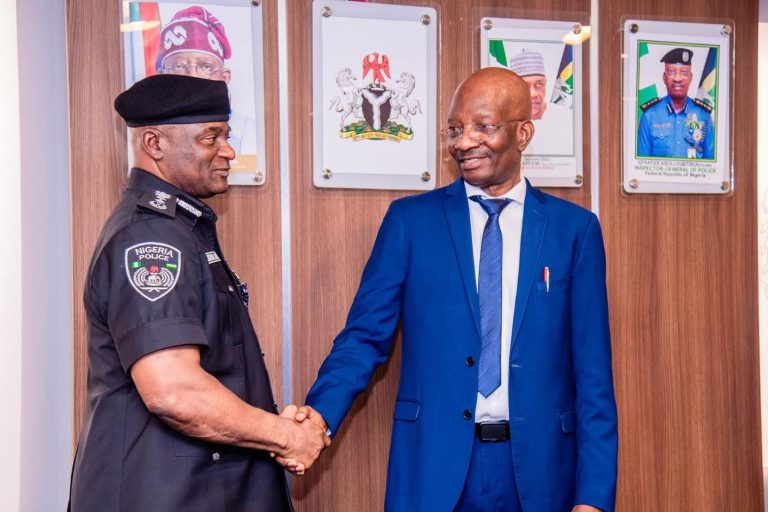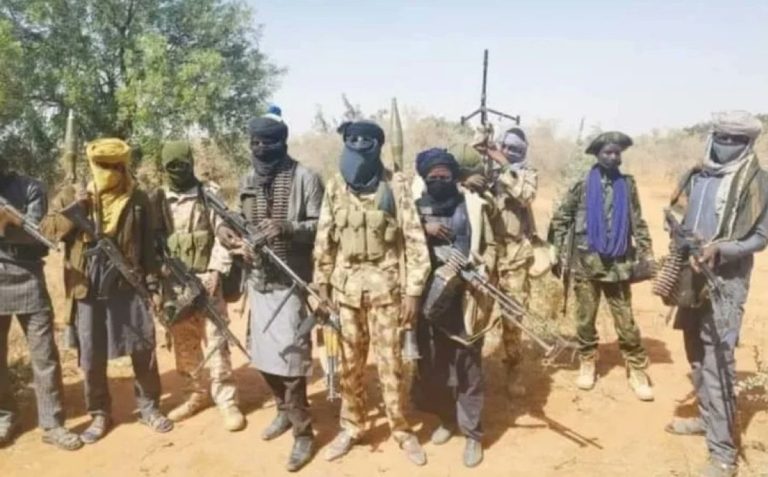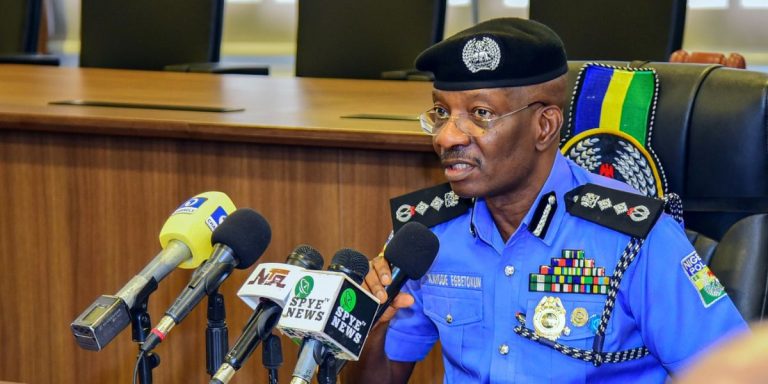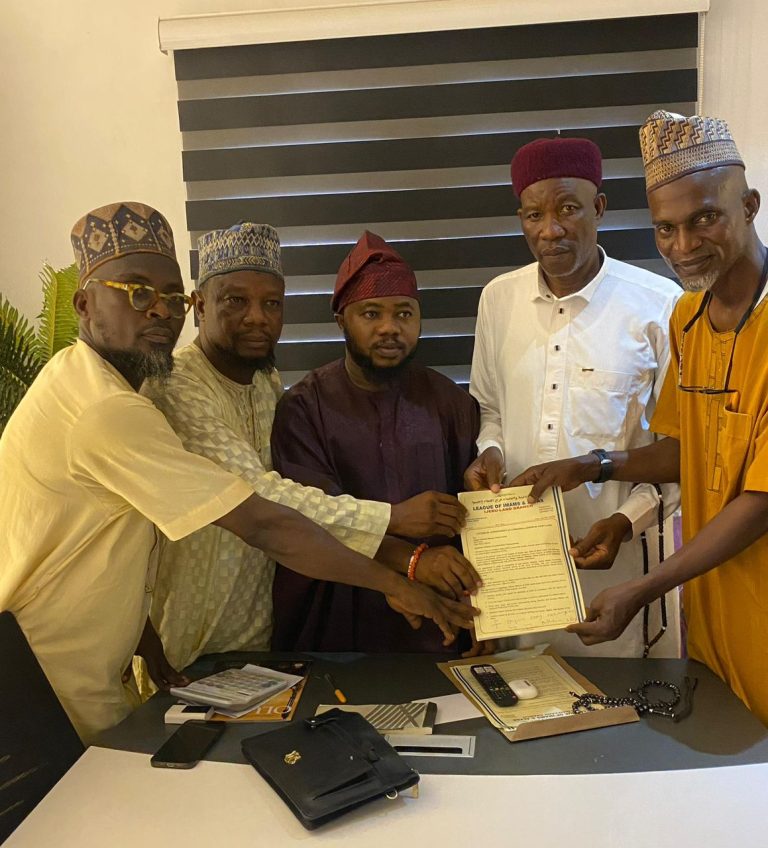
According to the results posted on the INEC Results Viewing Portal (IReV), Peter Obi, the Labour Party (LP) candidate, won the presidential election on February 25 in the Obio/Akpor Local Government Area of Rivers State, South-south Nigeria.
Contrary to the declaration made by INEC, Mr. Obi’s collection of votes in the area suggests that he, not Bola Tinubu of the All Progressives Congress (APC), won the presidential election in Rivers.
According to INEC’s declaration of the outcome for the Obio/Akpor council area, Mr. Tinubu received 80,239 votes, while Mr. Obi received 3,829 votes.
This newspaper had previously reported that Rabiu Kwankwaso of the New Nigeria Peoples Party received 161 votes, while Atiku Abubakar of the Peoples Democratic Party (PDP) received 368 votes.
After that, Mr. Tinubu was declared the election’s winner. Mr. Obi came in third, with Atiku coming in second.
However, PREMIUM TIMES’ examination of the IReV-uploaded results from the 17 wards in Obio/Akpor LGA revealed a stark contrast to the INEC-announced result.
However, Mr. Obi would not have won the presidential election had he won Rivers. As required by the Nigerian constitution, he would still have fallen far short of winning the most votes nationwide and scoring 25% of votes in at least 24 states of the Federation and the Federal Capital Territory.
Strategy
Considering that Mr Tinubu was announced champ in Obio/Akpor, this paper’s audit centered around the consequences of the votes scored by the APC and LP nearby.
According to our results, the LP received 73,311 votes, while the APC received 17,158 votes.
In its 17 wards, Obio/Akpor Local Government Area has 1,211 polling places.
As of March 16, PREMIUM TIMES was only able to examine the results of 1,116 polling units uploaded to the IReV, which account for approximately 94.13 percent of the council area’s results.
However, some polling units’ results were illegible due to blurry or incorrectly snapped images.
During the time under review, approximately 5.87 percent of polling units’ results had not yet been uploaded.
There were no outcomes in some surveying units either in light of the fact that the Bimodal Elector Certification Framework failed or individuals didn’t emerge to project their votes, as seen at Ake Lodging UNIPORT Surveying Unit in Choba Ward.
This paper figured the accessible and comprehensible outcomes from the 1,116 surveying units transferred such a long ways on the IReV inside the time of the audit.
Other findings: PREMIUM TIMES discovered that some polling units in Obio/Akpor altered some results in favor of the APC, mutilating the original scores.
For instance, the Rumuorluoji Open Space II polling unit’s Oro-Igwe Ward result showed that the APC received an initial score of 17, but the number “2” was added to make the number “217.”
227 was recorded for the LP, but the number 2 was changed to read “027” instead of “2.”
At the section implied for keep the scores in words, there were proof of acclimations to suit the changed figures.
In Rumuokoro Ward, it was seen that in 34 surveying units, results prior composed for the LP were deleted and the figures traded with that of the APC.
PREMIUM TIMES, by the by, counted the figures as distributed by INEC, in spite of the undeniable proof of changes and mutilations.
To put it another way, even when there was evidence that the figures had been tampered with, they were tallied exactly as they appeared on the result sheets.
Now and again, the outcomes for the Public Get together decisions were transferred in some surveying units rather than the official political race results.
For instance, a result from the Civic Centre Hall Polling Unit in Rumuigbo Ward revealed that the House of Representatives election result was uploaded instead of the presidential election result.
Even though Mr. Tinubu’s score was slightly lower than the one announced by INEC, the findings from Degema PREMIUM TIMES, which also tallied results from Degema Local Government Area uploaded to the IReV, confirmed Mr. Tinubu’s victory in the council area.
However, because the results from some polling stations in the council area were either unreadable or had not yet been uploaded during the time period under review, this newspaper was unable to count them.
Obi was driving at first
Mr Obi was driving Mr Tinubu with throughout 23,000 votes when INEC reported the official political decision brings about 21 of the 23 nearby government regions in the state.
At the time, the LP candidate received 169,414 votes, while Mr. Tinubu received 148,979 votes.
At the time, Mr. Obi received 62,451 votes from the Port Harcourt City Local Government Area. Atiku received 7,203 votes, and Mr. Tinubu received 5,562 votes. Kwankwaso scored 301.
Results were all the while being normal then from two leftover neighborhood government regions – Obio/Akpor, where the State Lead representative, Nyesom Wike, hails from, and Degema.
The APC candidate was now in front and was ultimately declared the winner of the presidential election in Rivers State after the results from Obio/Akpor came in and INEC announced that Mr. Tinubu received 80,239 votes to Mr. Obi’s 3,829 votes.
In Obio/Akpor, Mr. Kwankwaso received 161 votes, while Atiku received 368 votes.
Mr. Tinubu received 2,375 votes in the Degema Local Government Area, while Mr. Obi received 2,212 votes. Mr. Kwankwaso received 44 votes, while Atiku received 3,108 votes.
According to INEC, Mr. Tinubu received 231,591 votes in Rivers State, while Mr. Obi received 175,071 votes.
Mr. Kwankwaso won 1,322 votes, while Atiku received 88,468 votes.
The presidential election collation officer in Rivers had to postpone the collation of results at some point due to an alleged threat to his life from political party supporters.
There were reports of assaults and concealment of citizens in the state.
Background Governor Wike, who is a member of the People’s Democratic Party (PDP), was one of several PDP governors who led a rebellion against the party’s national leadership and its presidential candidate, Atiku, following disagreements about which region of the country—the north or the south—should produce the next President Muhammadu Buhari.
The governor of Rivers had entered the PDP presidential primary and lost.
After that, he gave his support to Mr. Tinubu, a candidate for the APC, in the presidential election, arguing that the next president of Nigeria ought to be from the south because Mr. Buhari is from the north.
Like Mr. Tinubu, Mr. Obi comes from the south of Nigeria.



